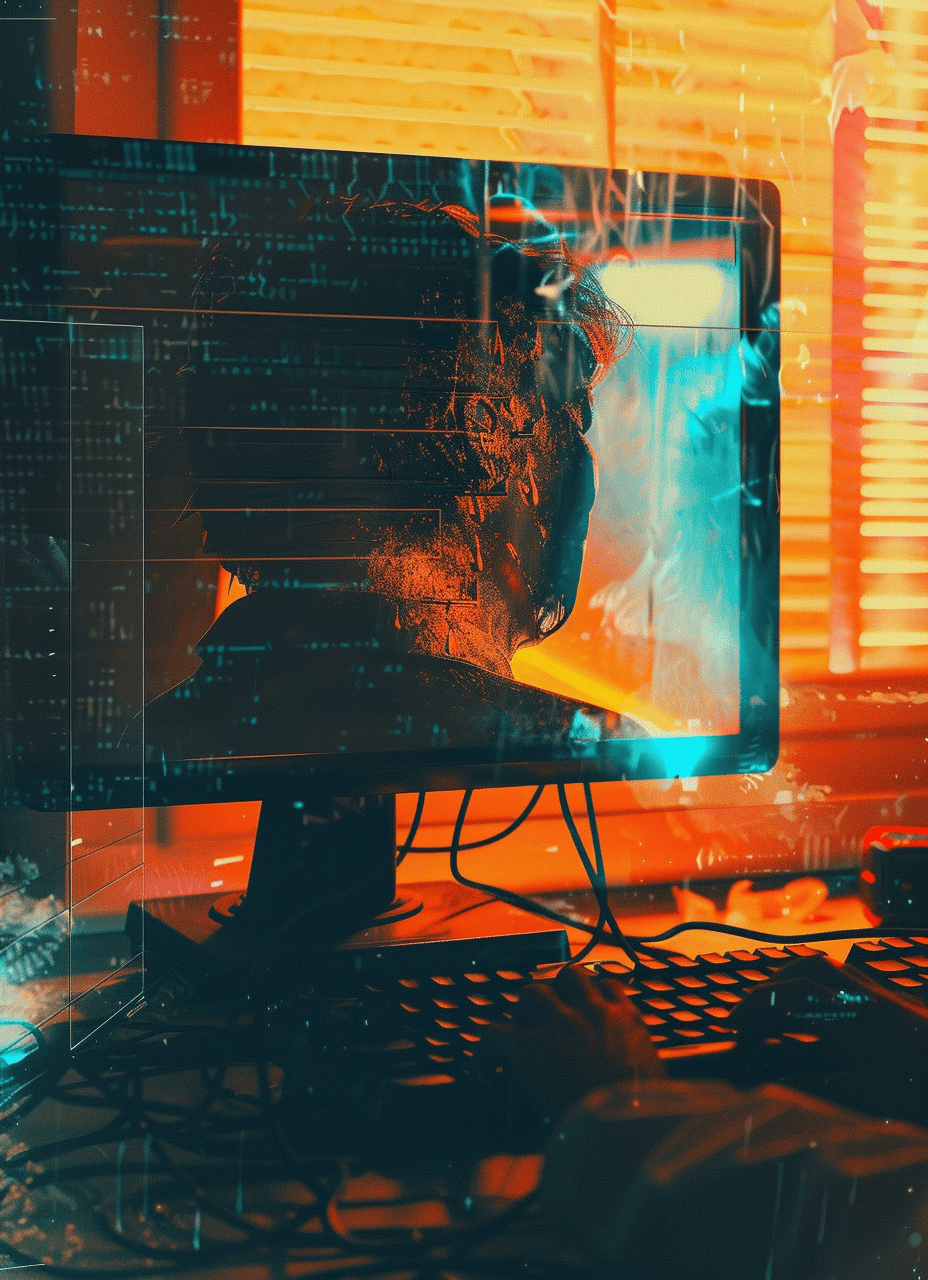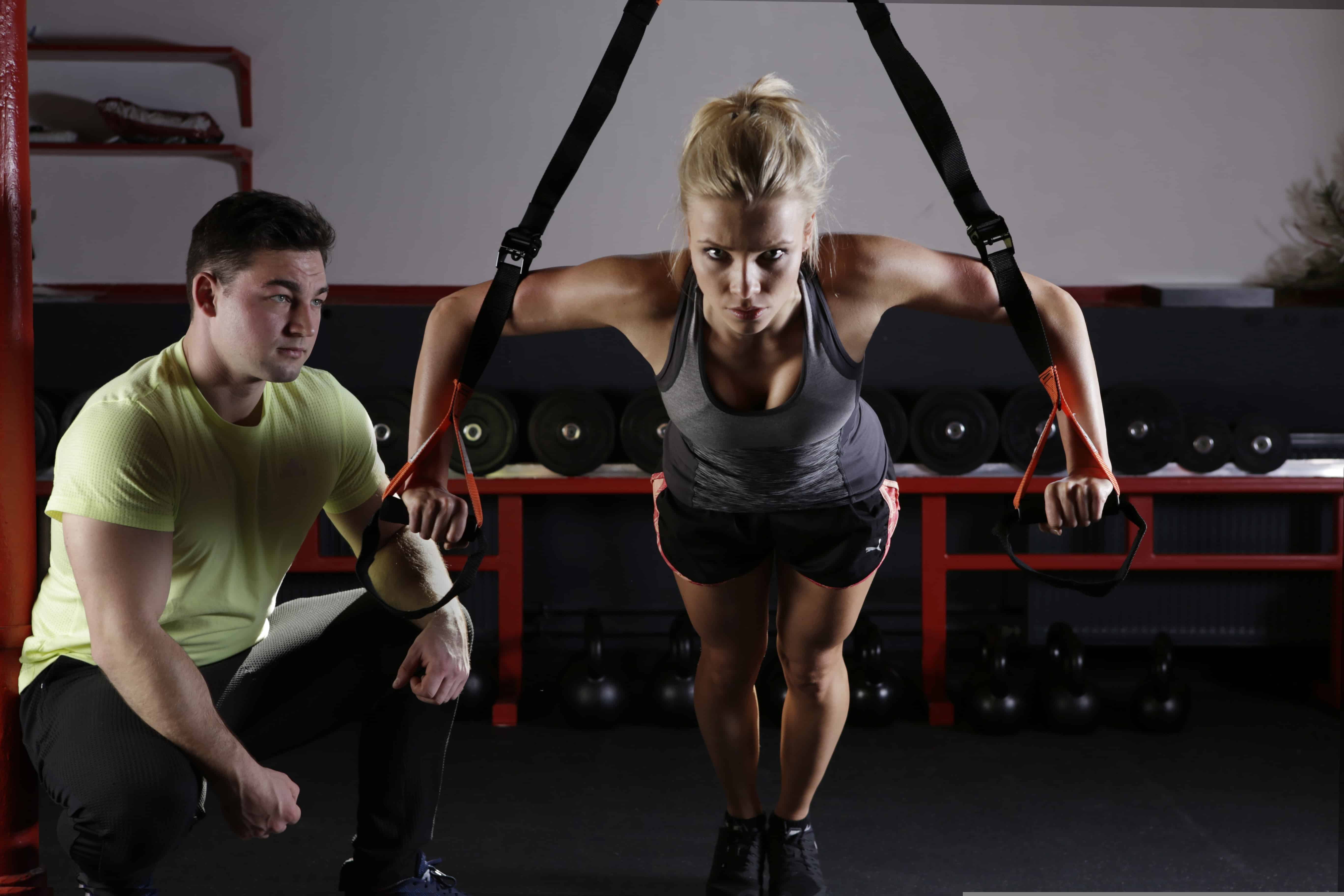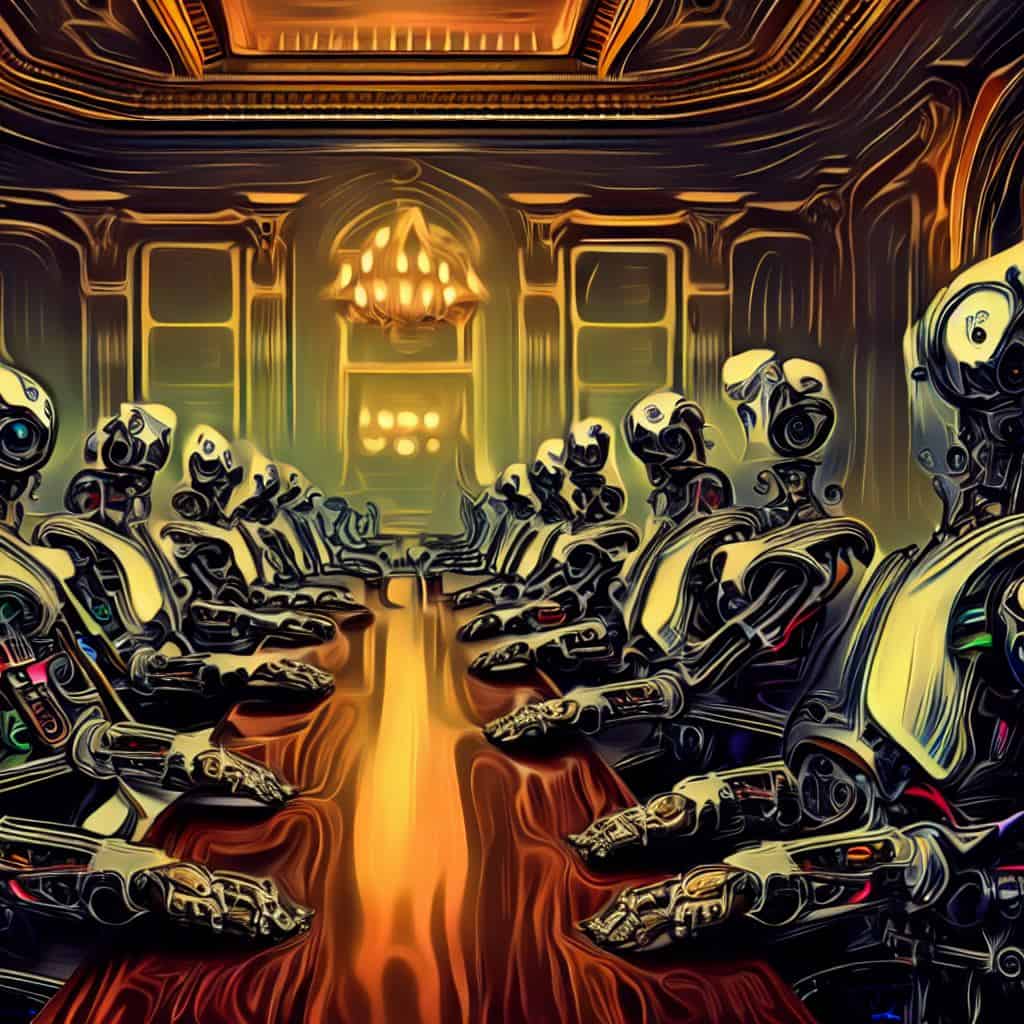
Throughout history, humans have exhibited a persistent fear of the unknown. Particularly when confronted with novel technologies. Whether it be the introduction of fire, the bicycle, or, more recently, artificial intelligence: each leap has been met with skepticism and trepidation. But typically, over time, we tend to relax and adopt a new technology like it’s our own child. The same will happen with artificial intelligence, Elcke Vels predicts.
What may seem trivial in the present was once the subject of deep apprehension and uncertainty in the past. Almost every innovation has been met with initial resistance and fear. This historical pattern underscores humanity’s inherent aversion to change and its tendency to approach the unknown with caution.
Spirits from the fire
In the ancient darkness, our ancestors gathered around the fire, seeking solace from the mysteries of the night. Lacking our modern understanding, however, they feared the unknown lurking beyond the flames. Fire was often associated with dangerous forces. However, we also learned to harness and manipulate fire for warmth, cooking, and protection, their fear gradually transformed into respect and mastery, marking a pivotal moment in the evolution of civilization.
This is an article from our magazine IO Next: AI for good. The fact that AI is becoming an increasing part of our lives is a given. But what impact will this technology have on our lives in the future? This magazine edition focuses on precisely that question.

Bicycles are bad for women
Fast forward to 1817, when the bicycle was invented. The introduction of the two-wheeler in the Victorian era brought with it a wave of fears, particularly surrounding the impact on women’s bodies. Medical practitioners of the time propagated misguided beliefs, suggesting that cycling could lead to drastic physical transformations, even altering facial features. Dubbed “bicycle face,” this purported condition was said to result from the strain of riding, causing a permanently contorted or disfigured expression. This was especially ‘true’ for women. Such unfounded claims were rooted in Victorian stereotypes about the delicate nature of women and their supposed susceptibility to physical exertion.
Television leads to aggression
Then, we time travel to 1927, when the television was ‘born’. In the early days of this new technology, there were deep-seated fears about its alleged devastating impact on society. Many feared that television programs, especially those with violent content, would corrupt the youth and contribute to an abrupt increase in antisocial behavior. However, later on people realized that the tv also significantly contributed to education, cultural exchange, and increased societal awareness, gradually diminishing the fear for the object.

AI and the end of the world
We add one last technology to our ‘List of evil technologies’: artificial intelligence. For years, AI has been transforming industries, amplifying efficiency, and dictating the trajectory of technological progress. But not without controversy. Especially with the rise of language models like ChatGPT, X has been filled with concerned messages about how the world is in danger or even ending. Geoffrey Hinton, often dubbed “the godfather of AI” and a leading scientist in artificial intelligence at Google, made waves when he stepped down from his role. His decision to leave was driven by a desire to sound the alarm about the potential risks of AI, stating even that some day ‘AI could take over’.
He’s not alone in his concerns. A survey conducted in 2023 among AI experts revealed that 36 percent of them worry that the advancement of AI could lead to a disaster. Sounds like a scary movie to me. By the way, the fact that AI in movies is often portrayed as utterly evil (think about the Terminator, for instance), doesn’t really help either. If we keep on portraying future scenarios where humanity is doomed, there is not much room for imagining a future where humans and AI live happily ever after.
AI for good
And that is an equally likely scenario, fortunately. From agriculture, to healthcare, to: what not? AI has the potential to positively change the world, in 101 ways. Of course, we should be careful. It’s good to have strict rules, we should raise necessary questions about ethics and practicality revolving around this technology. But, especially after reading all the promising stories in this magazine, it’s hard to argue we should avoid using AI to do good.
Similarly, we shouldn’t play with fire. But we also shouldn’t avoid cooking our favorite meal. And for sure, we better wear a helmet when riding a bicycle. But no one will argue that you should skip some healthy exercise because you are at risk of a deformed bicycle face. Keeping it real won’t bite us!








